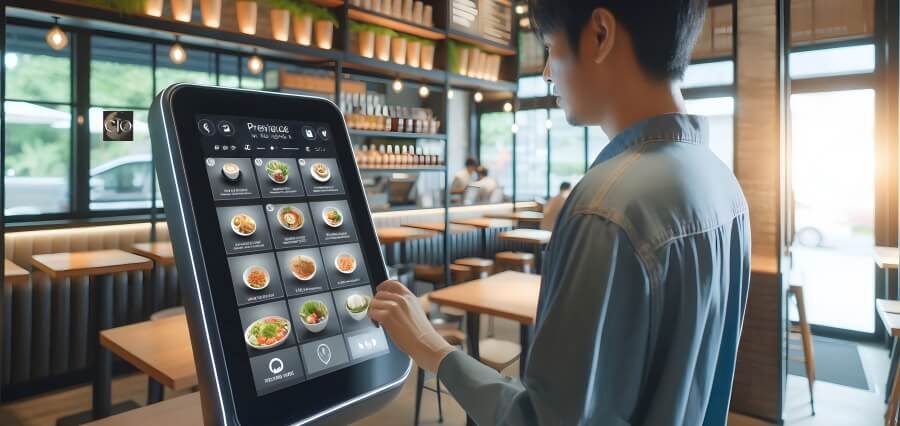The hospitality sector is evolving as technology refreshes redesign guest experience, operational efficiency, and business models. From automation to insights, there are emerging technologies that are revolutionizing the way companies engage with customers and operate their businesses on a day-to-day basis. Keeping up with them is the secret to remaining competitive in a dynamic market.
Hospitality businesses must implement new technologies to influence customer service, enhance efficiency, and maximize customer satisfaction. Being updated with the same will be a competitive advantage in the age of technology.
- Artificial Intelligence for Personalized Services
Artificial intelligence is enriching the guest experience by applying chatbots, virtual assistants, and intelligent recommendations. Restaurants and hotels utilize AI systems to predict customer demand, giving them personalized experiences based on history and past actions. These systems offer quicker response times and smoother interactions between businesses and consumers.
- Contactless Check-in and Smart Access
Contactless technology is the way of the future in hospitality and is safe and convenient. Digital room keys and facial recognition technology, as well as mobile check-in, enhance guest satisfaction and save time. They enable customers to access services with zero contact, and it is secure and efficient.
- Internet of Things (IoT) for Smart Rooms
Smart room technology enhances the amenity of the guests with networked devices that control lighting, temperature, and entertainment systems. Voice command assistants and mobile applications make the convenience of control room conditions by the guests in a seamless manner, offering a hassle-free and convenient experience. Integration with IoT enables tracking energy consumption and minimizing operation costs.
- Augmented and Virtual Reality Enhancing Customer Engagement
Virtual and augmented reality are the technological drivers of customer engagement. Virtual tours enable customers to explore accommodations before check-in, while AR apps provide interactive menu cards for restaurants and hotels and create experiential travel experiences. They enable customers to make knowledge-based choices and introduce a new dimension of complexity to hospitality services.
- Robotics in Service and Housekeeping
Robots are increasingly applied in the hospitality industry, such as food delivery, concierge, and housekeeping. Robotic solutions fit best for repeated tasks to free human staff for individual guest interaction. Robots also help to increase hygiene procedures with cleanliness and hygiene at all times.
- Data Analytics for Business Intelligence
Data-driven decision-making is redefining business strategy across the hospitality industry. Advanced analytical software aids companies in monitoring consumer patterns, influencing price structures, and forecasting demand trends. Companies can maximize services based on customer demand and market trends with real-time data analysis.
- Blockchain for Secure Transactions
Blockchain technology is utilized to secure and make hotel transactions more transparent. Decentralized platforms eliminate fraud risk via tamper-proof payment and booking records. Payment via cryptocurrency is gaining traction, giving clients other sources of payment and confidence in financial transactions.
- Sustainable Technology Solutions
Sustainability is an issue that is on the rise, and technology is helping to cut down the carbon footprint. Green operations include energy-efficient smart systems, smart waste management, and electronic processes as alternatives to paper-based processes. Organizations that put money into green technology save money as well as eco-friendly customers.
- Cloud-Based Property Management Systems
Cloud solutions are streamlining daily operations by enabling businesses to view reservations, guest information, and money transactions from a central point. The systems enable instant feedback, enhance department coordination, and give windows to far-off access to key information. Cloud usage gives businesses of any size more flexibility and scalability.
- More Advanced Cybersecurity Measures
With the growth in the use of online transactions, cybersecurity is a priority for hospitality companies. Protection of customer data, secure payment channels, and protection against cyber-attacks are essential in building customer trust. Companies are spending money on encryption, multi-factor authentication, and AI-driven security software to protect sensitive data.
Conclusion
The hospitality industry is adopting new technology to enhance the guest experience, simplify operations, and enhance security. Staying with such trends makes business up-to-date and competitive in today’s more technologically advanced age. Combining innovative solutions enables hospitality businesses to cater to the demands of their clients and become successful in the long run.

